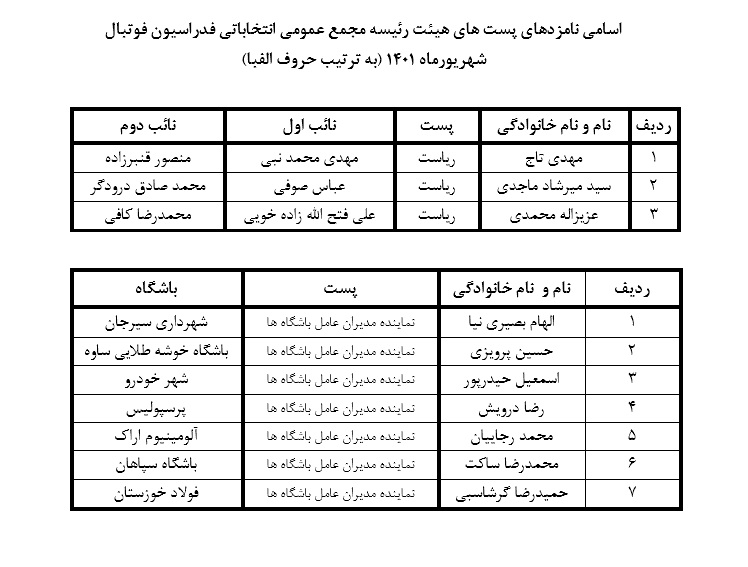I can't remember who it was that explained it but I believe it was an Iranian International contract law expert based in Switzerland who explained it this way...
That Fifa rules stipulate that (a) if salary payment to coach/technical staff falls in arrears for 3 months, then the employed can cancel their contracts legally. (B) the balance of the entire contract must be paid.
The lawyer explained that many cases that the IFF and iranian clubs have lost have been due to these 2 Fifa rules and he named Wilmouts, CQ, Branko as well as a bunch of other coaches. Fifa ruled against Iran for the full remaining contract. CAS reduced the amount because the judge said that Wilmouts should have known at the time of signing that payment could be delayed due to sanctions.
So it was no Torkamanchai. No matter how these contracts are portrayed, Fifa rules have a rigid payment schedule and major penalty for delay. IFF knows this rule very well (due to numerous cases) and relies on goodwill/flexibility of the parties in order to not get sued.
Sent from my Pixel 3 using Tapatalk
That Fifa rules stipulate that (a) if salary payment to coach/technical staff falls in arrears for 3 months, then the employed can cancel their contracts legally. (B) the balance of the entire contract must be paid.
The lawyer explained that many cases that the IFF and iranian clubs have lost have been due to these 2 Fifa rules and he named Wilmouts, CQ, Branko as well as a bunch of other coaches. Fifa ruled against Iran for the full remaining contract. CAS reduced the amount because the judge said that Wilmouts should have known at the time of signing that payment could be delayed due to sanctions.
So it was no Torkamanchai. No matter how these contracts are portrayed, Fifa rules have a rigid payment schedule and major penalty for delay. IFF knows this rule very well (due to numerous cases) and relies on goodwill/flexibility of the parties in order to not get sued.
Sent from my Pixel 3 using Tapatalk





Comment